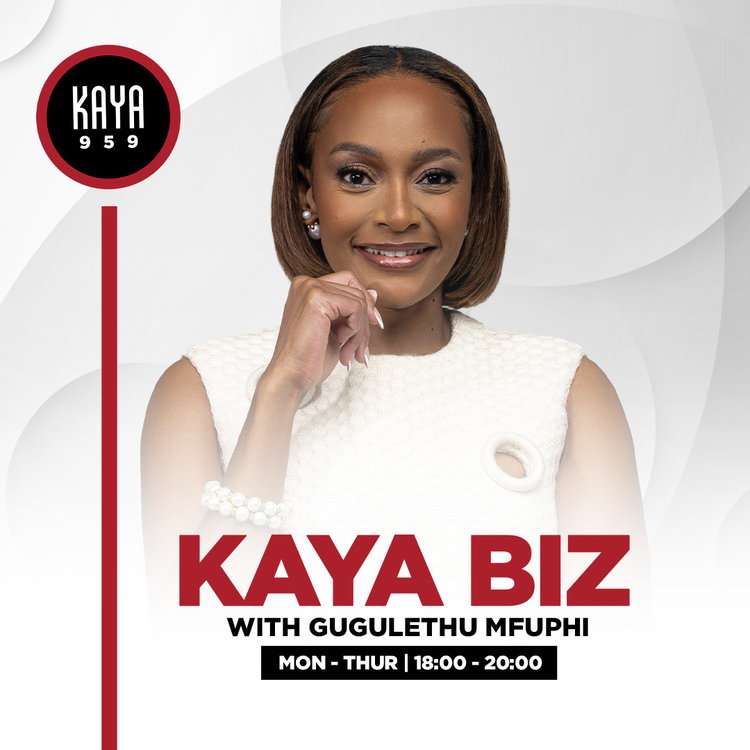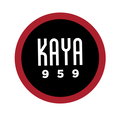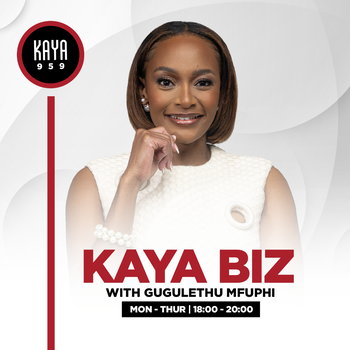
Higher inflation, a decelerating economy, and weak Rand have affected the luxury market in South Africa
Loading player...
GUEST – Michael Zahariev - Luxity co-founder and CEO
The pre-owned luxury market saw an uptick in growth last year fuelled by the surge in "revenge spending" post the COVID-19 pandemic. Now, as 2023 unfolds - a year defined by economic challenges, sociocultural shifts, higher inflation, and a weakening Rand - the State of the Luxury Market in Africa Report 2023 takes a closer look at whether this demand surge has maintained its momentum, outstripping supply, or if it has begun to taper off as consumers adapt to the evolving economic landscape.
Sharing insights from the sixth edition of the report released by Luxity, South Africa’s leading pre-owned Luxury reseller, the company’s co-founder and CEO Michael Zahariev notes that luxury stalwarts, Louis Vuitton and Chanel, experienced a slight decline in resale values. “This may signify a challenge in keeping up with the rapid price increases these brands have imposed.
The pre-owned luxury market saw an uptick in growth last year fuelled by the surge in "revenge spending" post the COVID-19 pandemic. Now, as 2023 unfolds - a year defined by economic challenges, sociocultural shifts, higher inflation, and a weakening Rand - the State of the Luxury Market in Africa Report 2023 takes a closer look at whether this demand surge has maintained its momentum, outstripping supply, or if it has begun to taper off as consumers adapt to the evolving economic landscape.
Sharing insights from the sixth edition of the report released by Luxity, South Africa’s leading pre-owned Luxury reseller, the company’s co-founder and CEO Michael Zahariev notes that luxury stalwarts, Louis Vuitton and Chanel, experienced a slight decline in resale values. “This may signify a challenge in keeping up with the rapid price increases these brands have imposed.

